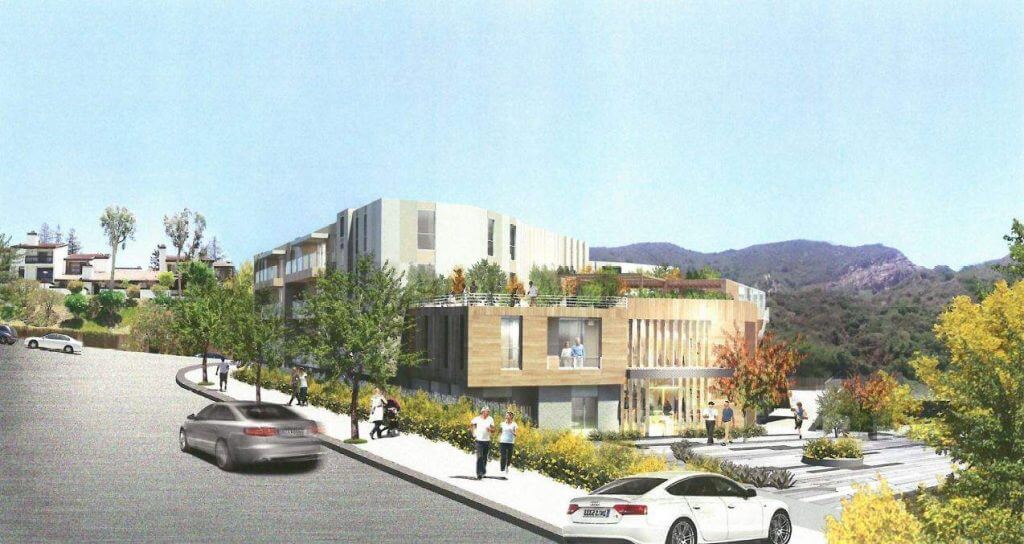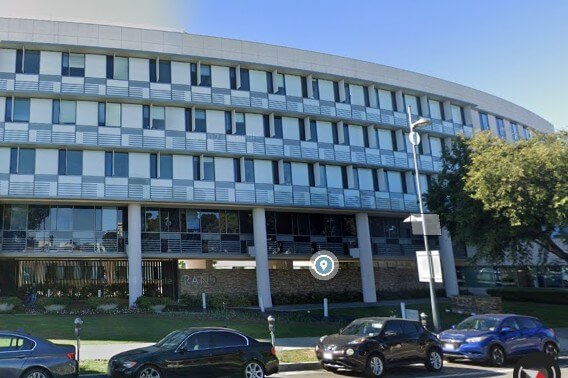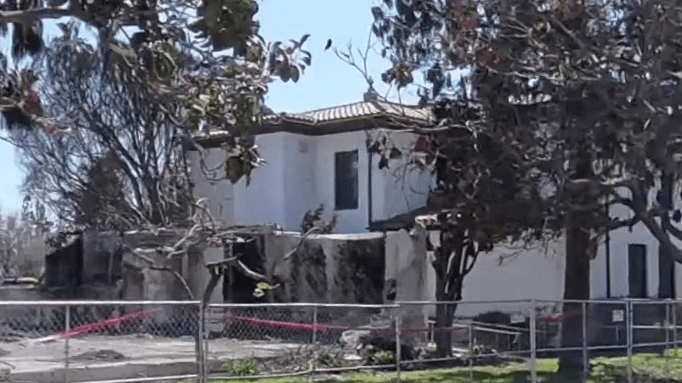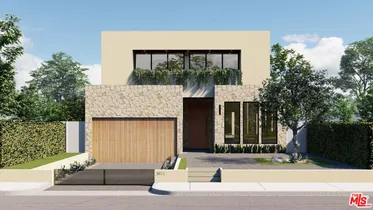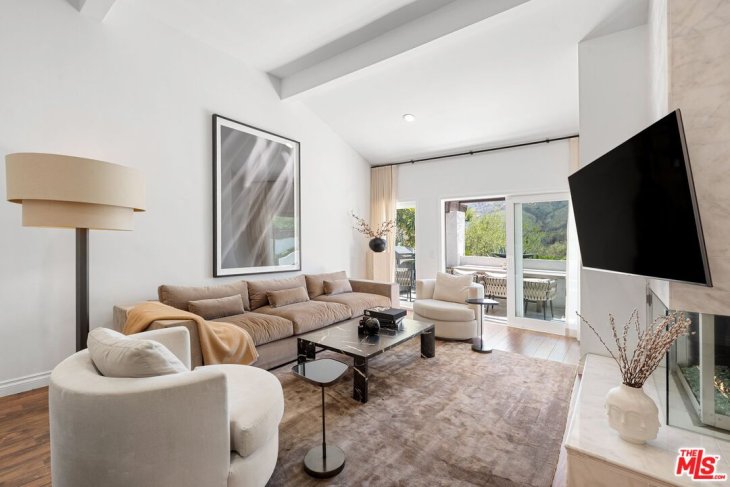Residents association appeal rejected as court defers to City’s judgment on compatibility with neighborhood
A judge in California’s Second District Court of Appeal has affirmed the ruling by a lower court that a proposed eldercare facility in the Pacific Palisades neighborhood is consistent with the Los Angeles Zoning Code, exempt from CEQA review under the Class 32 exemption and supported by sufficient evidence to satisfy the California Coastal Commission’s (CCC) decision on its Coastal Development Permit (CDP) appeal.
The four-story eldercare facility proposed for 1525 Palisades Driv is set to span 64,646 square feet, with 82 residential units and various commercial uses set on a one-acre vacant lot within the city’s Coastal Zone. Following multiple rounds of review, including an appeal to the CCC, the City approved the project and issued it a CDP. Pacific Palisades Residents Association went to court claiming violations of CEQA and the Coastal Act.
As reported by CEQA Chronicles, the Association focused primarily on one sentence in section 12.22.A.18.(c)(3), which determined that no yard requirement was applicable to residential portions of the eldercare facility; however, their attempt to introduce extra-record materials via judicial notice was denied. Additionally, their request to preemptively address any future appeals regarding plan checks was declined due to a lack of precedent for such actions.
CEQA Chronicles reports the CEQA exemption applied as: 1) it was consistent with general plan designation and policies; 2) on a five-acre site surrounded by urban uses; 3) no habitat for endangered species; 4) no significant effects related to traffic, noise, air quality or water quality; 5) could be adequately served by utilities and public services.
The Association argued that it would be architecturally incompatible with the neighborhood but this argument was rejected as “eminently reasonable” according to substantial evidence standards.
As reported by CEQA Chronicles, the Association had argued for “architectural uniformity” as part of their appeal for compatibility with the neighborhood, but this opinion rejected this notion since it is not required. CEQA Chronicles reports the Court found that the architectural character of the proposed project was compatible with its urban area and community plan for Brentwood and Pacific Palisades given that a reasonable person could agree with these conclusions reached by city officials.

